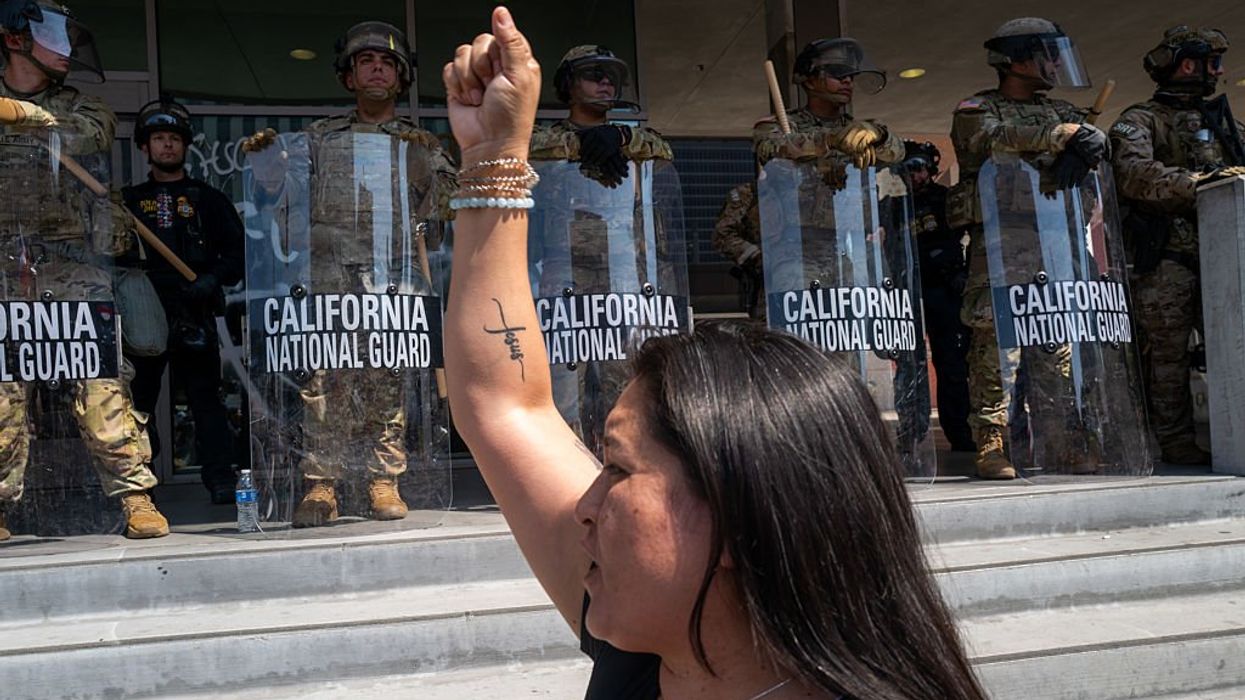LOS ANGELES, CA - An estimated 700 U.S. Marines are being mobilized from the Marine Corps Air Ground Combat Center in Twentynine Palms, approximately 140 miles east of Los Angeles, to Camp Pendleton in San Diego County. This mobilization will position the troops closer to Los Angeles, where they may potentially work alongside National Guard units to protect federal resources and personnel, according to NBC News.
The latest figures from police, nearly 70 individuals were arrested over the weekend during protests. This total includes 29 people arrested on Saturday for failure to disperse and 21 individuals arrested on Sunday on charges ranging from attempted murder involving a Molotov cocktail to looting and failure to disperse, as reported by the LAPD.
President Donald Trump wrote on Truth Social on Monday: “Looking really bad in L.A. BRING IN THE TROOPS!!!”
In response to the Marines' deployment, LAPD Chief Jim McDonnell expressed concerns, stating that the "arrival of federal military forces in Los Angeles -- absent clear coordination -- presents a significant logistical and operational challenge for those of us charged with safeguarding this city."
California Governor Gavin Newsom, who opposed Trump sending the state's National Guard, strongly criticized Trump's activation of Marines in the Los Angeles area. In a post on X, he says that Marines are "heroes" who "shouldn't be deployed on American soil facing their own countrymen to fulfill the deranged fantasy of a dictatorial president. This is un-American."
Gavin also posted that he was informed "Trump is deploying another 2,000 Guard troops to L.A."
Increasing tensions, California sued the Trump administration on Monday over its order to deploy National Guard troops without the governor’s consent. The lawsuit argues that the President overstepped his authority when he called up the National Guard in defiance of Newsom, invoking a law that allows the president to do so under specific conditions.
So, when can a president deploy the National Guard? Here is the answer and more in a recent edition of the Fulcrum series, Just the Facts:
Just the Facts: Standoff Between National Guard and L.A. Protesters

Hugo Balta is the executive editor of the Fulcrum. He is the publisher of the Latino News Network and an accredited Solutions Journalism and Complicating the Narratives trainer with the Solutions Journalism Network.





















